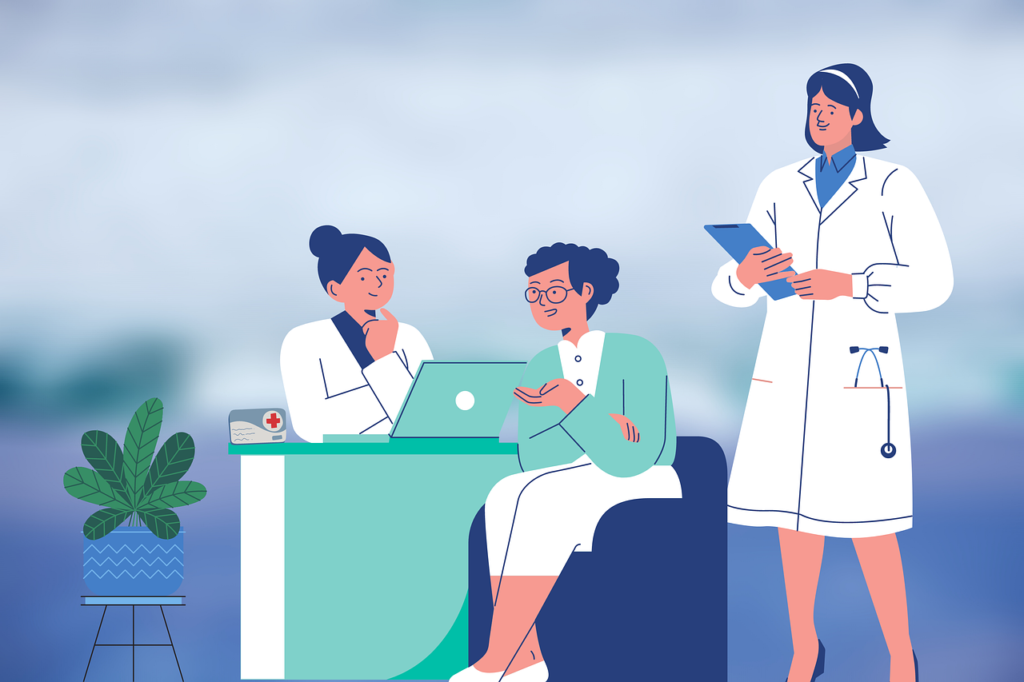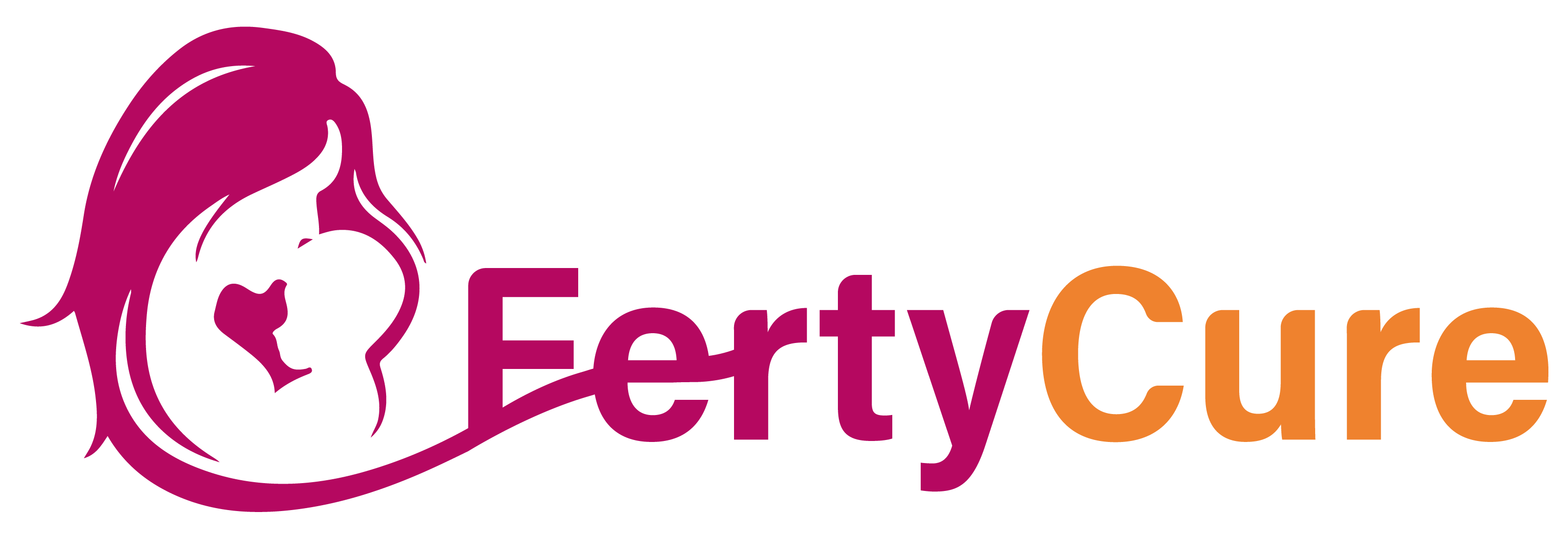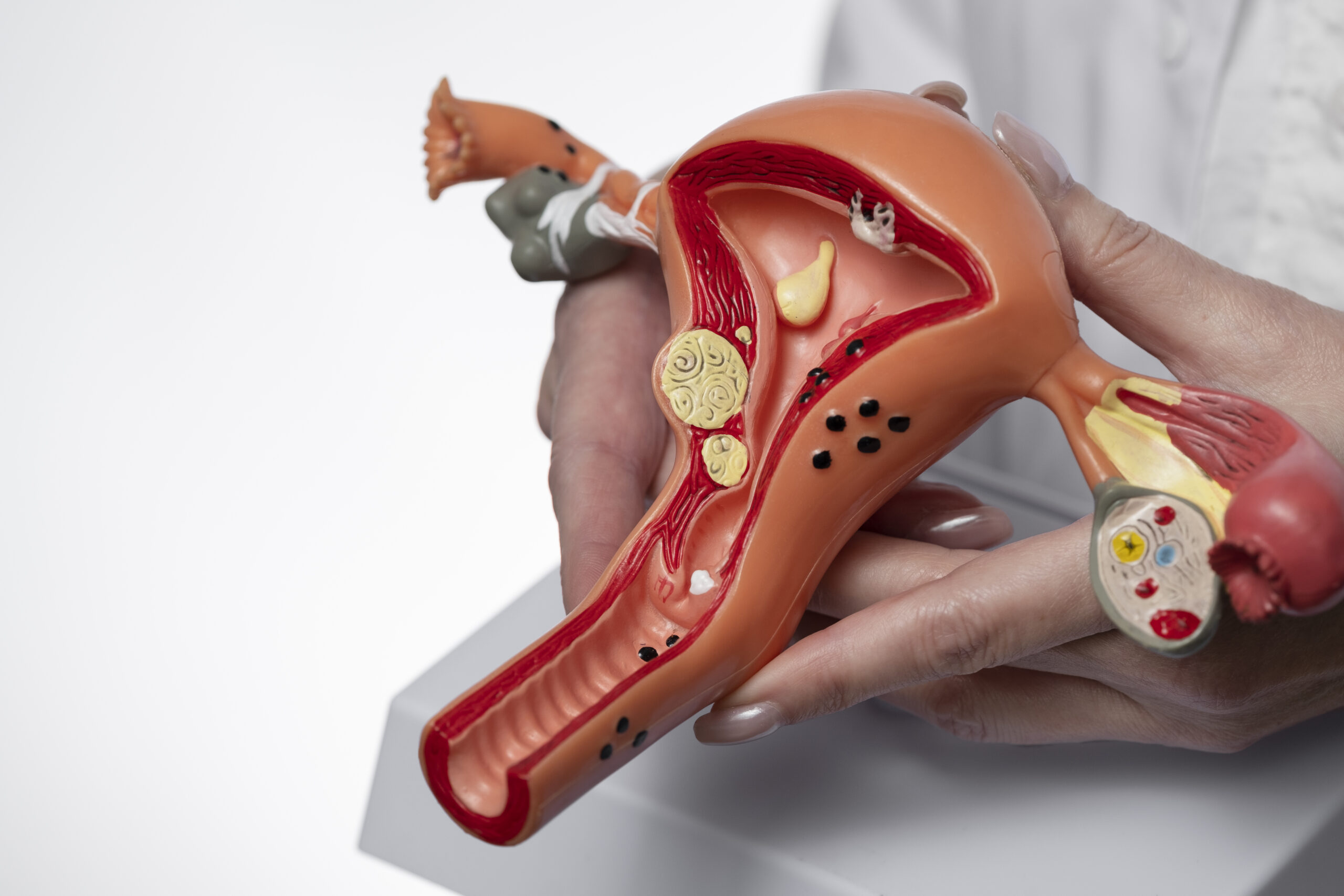Table of Contents
Uterine Fibroid: Causes, symptoms, and treatment
Ever wondered about those uninvited muscular tumors that appear on a woman’s uterus? Commonly known as Uterine Fibroids, these noncancerous growths can sometimes cause discomfort, pain, and reproductive issues. Let’s delve into the world of the uterus and discover the intricate details of Uterine Fibroids, or as some medical jargons might refer to them: “myoma” or “leiomyoma.”
Introduction to Uterine Fibroid
What is a Uterine Fibroid?

Simply put, a It is a muscular tumor that grows on the uterus. The good news? It’s benign! Most women have them at some point in their lives, but they might not always know. They can be as tiny as an apple seed or as bulky as a grapefruit. So, whether you’ve heard them referred to as “myoma”, “leiomyoma”, or some other term, they all point to the same condition.
Causes of Uterine Fibroid
How do these tumors form?
Hormonal Factors
Hormones, particularly estrogen and progesterone, are the main culprits here. These female reproductive hormones make the uterus lining regrow during each menstrual cycle, and sometimes, they can promote the growth of fibroids. When estrogen levels are high, especially during pregnancy, fibroids tend to grow in size.
Genetic Changes

Many fibroids contain changes in genes that differ from those in normal uterine muscle cells. Think of it as a small glitch in the genetic code of the uterus, causing these myoma to sprout.
Other Causes
Other factors can contribute as well. Factors like early menstruation, having a diet high in red meat, and low in green vegetables can sometimes influence their development. Race plays a role too, with African American women being more likely to develop fibroids than women of other races.
Symptoms
Not all women experience symptoms. But for those who do, life can get a tad bit uncomfortable.
Common Symptoms
Common signs include heavy menstrual bleeding, prolonged periods, pelvic pain, frequent urination, and constipation. Picture this: you’re enjoying a quiet evening, but the frequent trips to the restroom because of the fibroid pressing against the bladder just kill the mood. Annoying, right?
Complications
In some cases, a fibroid can lead to complications such as anemia from heavy periods or pain. In rare cases, they can even cause infertility or miscarriage.
Treatment Options
Good news alert! Not all fibroids need treatment. But for those pesky ones causing discomfort, there are ways to manage them.
Medications

Over-the-counter pain relievers and birth control pills can sometimes help manage symptoms. They can’t shrink the fibroids, but they can provide relief.
Non-invasive Procedures
MRI-guided focused ultrasound surgery (FUS) is a non-invasive way to treat fibroids. It’s basically using high-frequency sound waves to destroy the fibroids. Pretty sci-fi, isn’t it?
Surgical Procedures
When other treatments don’t work, surgical options come into the picture. One such method is myomectomy, where the fibroids are surgically removed from the uterus. Another option is hysterectomy, which involves removing the entire uterus.
Prevention and Self-care
While you can’t prevent fibroids, you can take steps to ensure they don’t affect your quality of life.
Lifestyle Choices

A balanced diet and regular exercise can help. Remember the earlier analogy about red meat? It’s always a good idea to include more green vegetables in your diet.
Natural Remedies
Certain natural remedies, like apple cider vinegar or green tea, are believed to help in managing fibroids. Though, it’s always good to consult with a health expert before diving in.
Conclusion
Uterine Fibroids, be it myoma or leiomyoma, can be a hurdle. But with awareness and the right approach, they can be managed. Remember, the uterus is resilient. With a little care, it can bounce back from most challenges thrown its way.
FAQs
Can Uterine Fibroids turn cancerous?
No, they're benign and noncancerous. However, in rare cases, a cancerous fibroid might occur.
Does having a fibroid mean I'll be infertile?
Not necessarily. While they can cause fertility issues in some women, many women with fibroids conceive naturally.
What foods should I avoid if I have fibroids?
Red meat and ham are linked to higher fibroid risk. It's better to consume a diet rich in green vegetables.
Are fibroids hereditary?
While there's some genetic component, it doesn't mean you'll get them just because a family member has them

